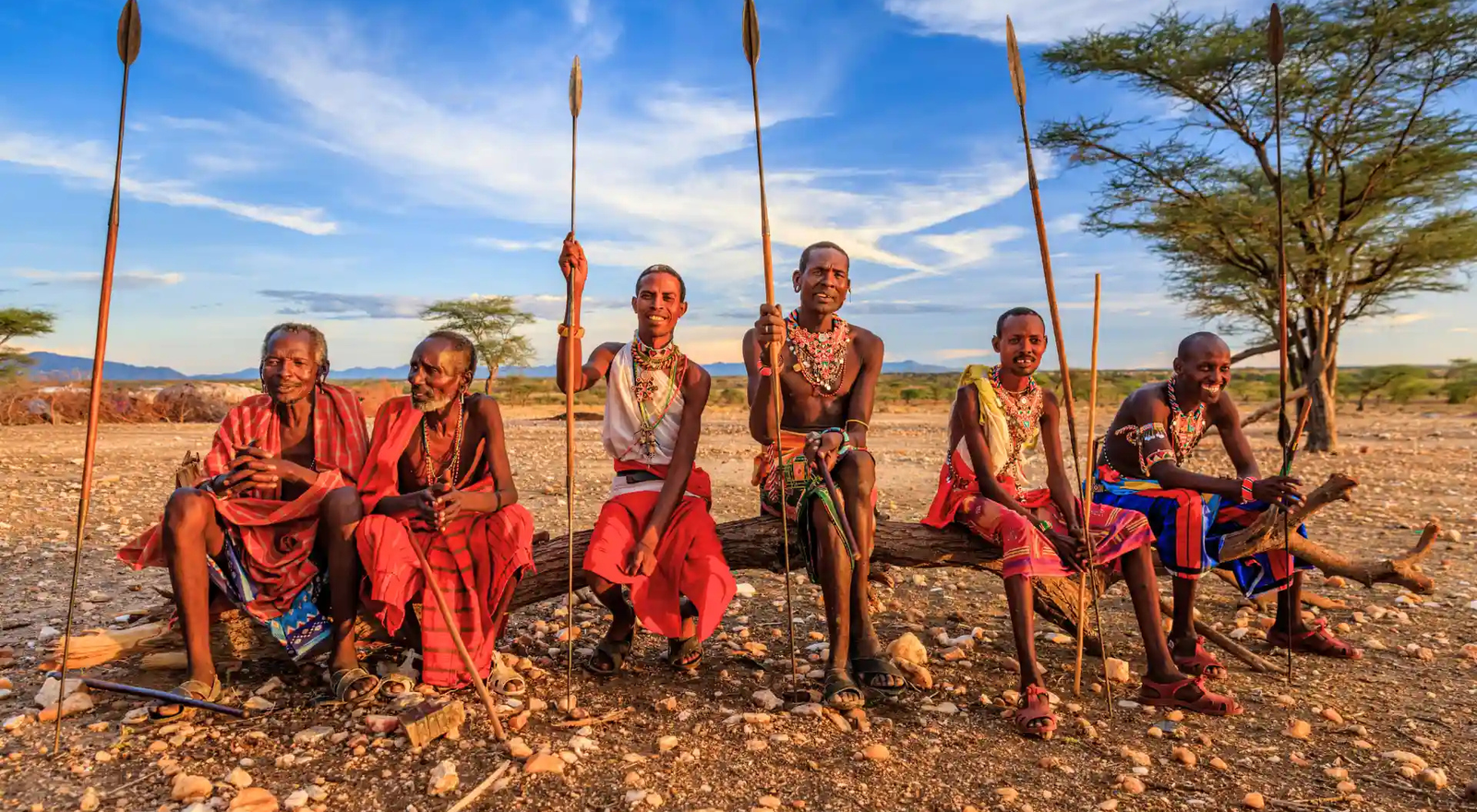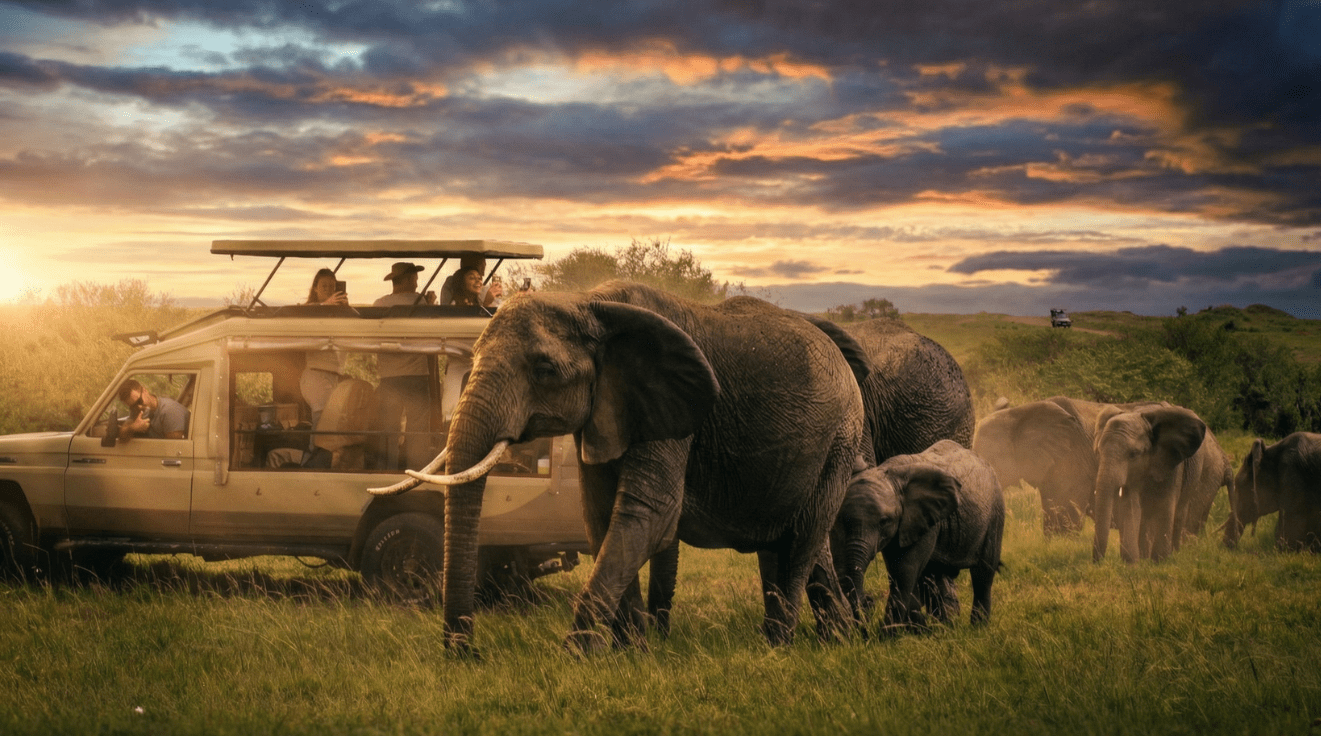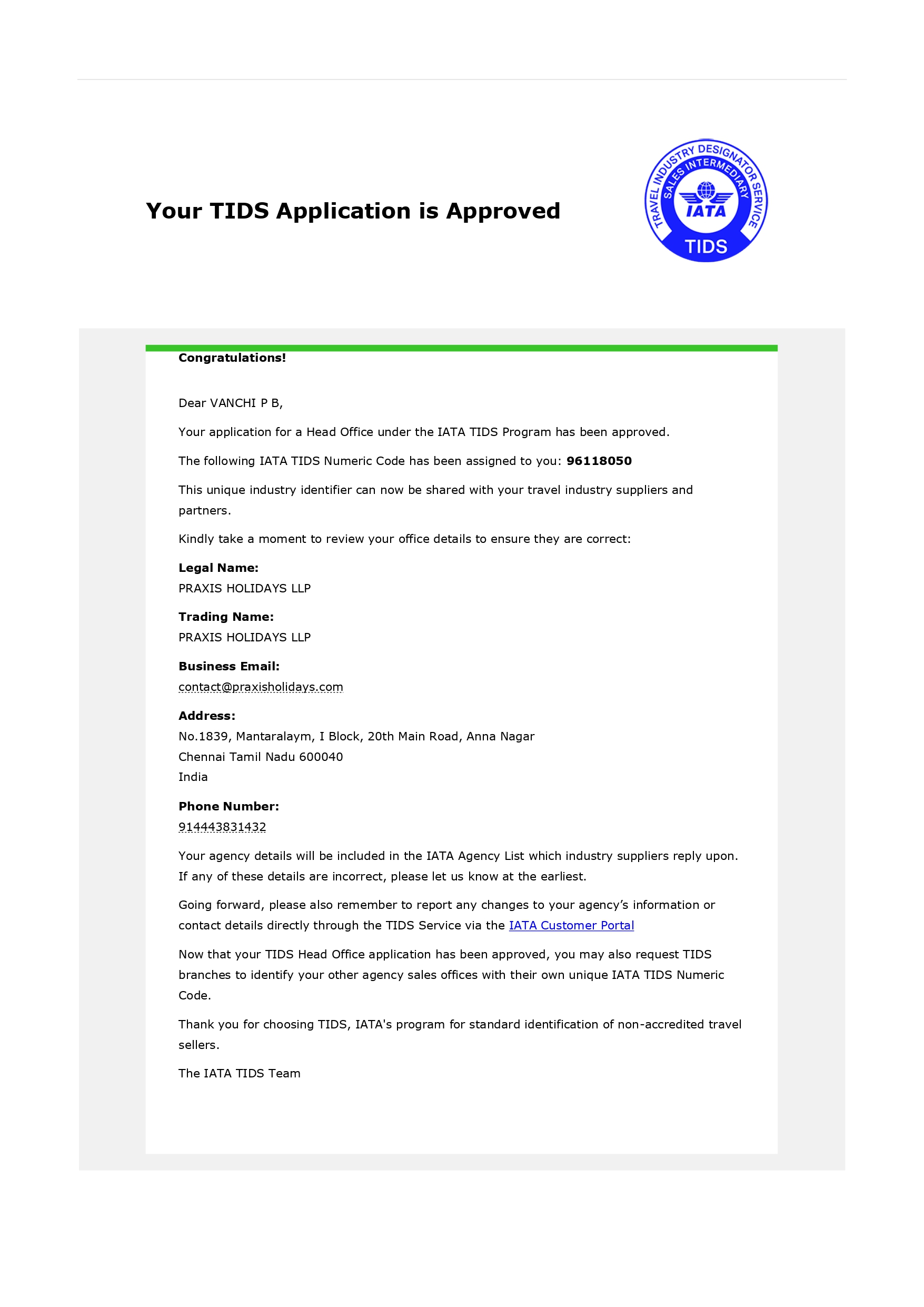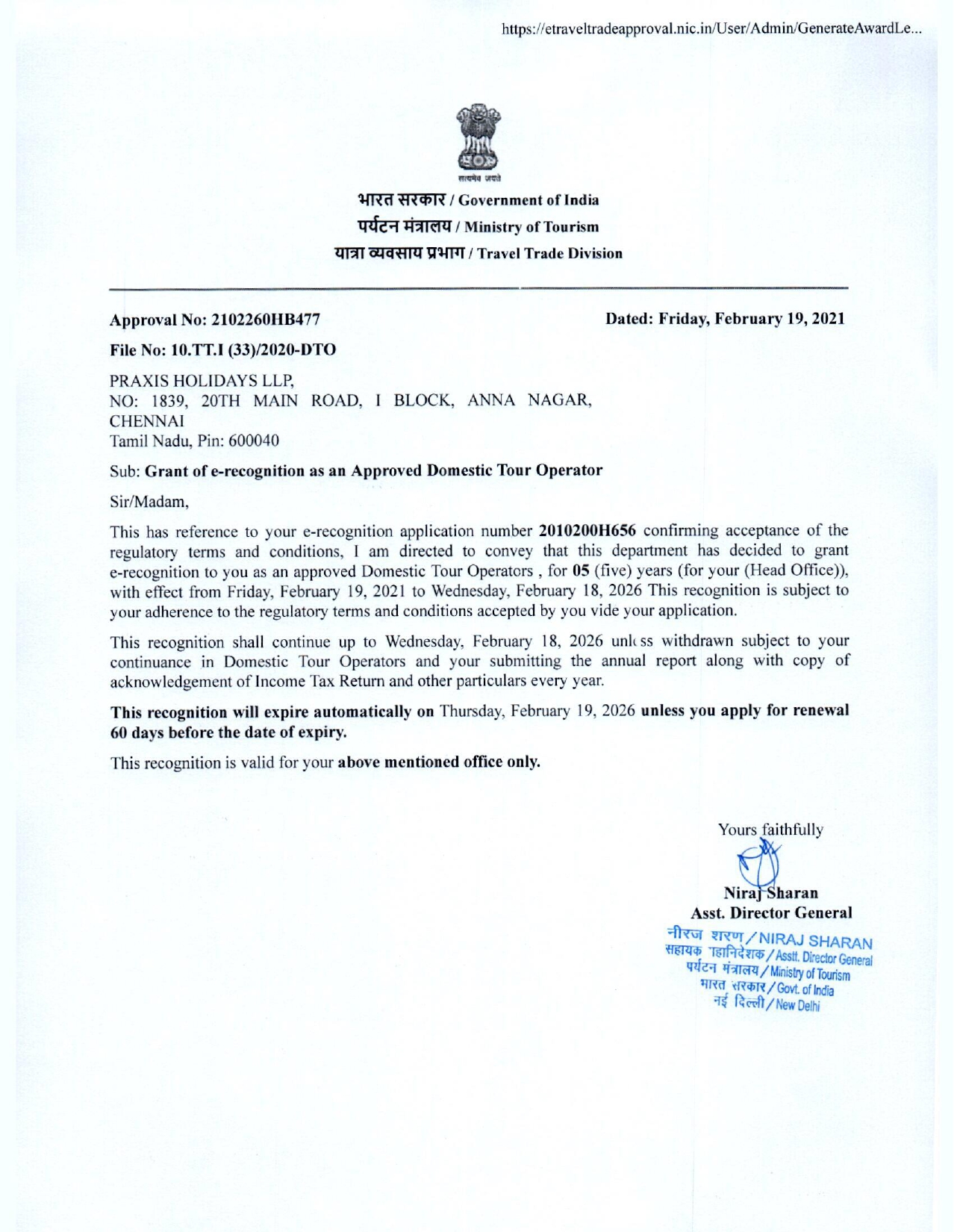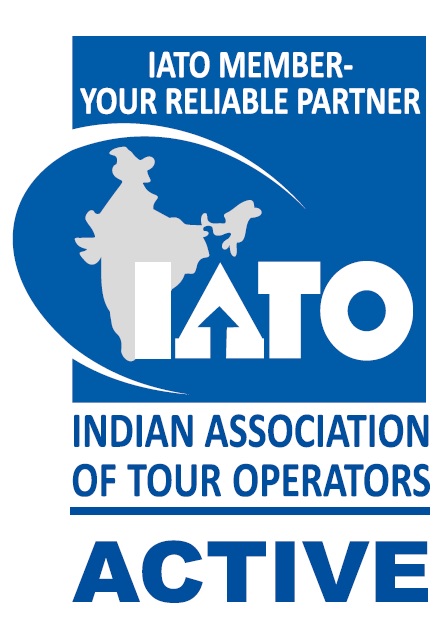You can experience a safari in two different ways: one is a self-drive safari, and the other is a guided safari. Each one has its advantages and disadvantages, and each one gives a different experience.
Who should choose a Self-Drive Safari?
One who wants to experience the safari independently. If you’re going to plan your route and drive as you want and have complete control over your schedule, a self-drive safari gives you the freedom to explore the wild on your terms.
Another reason most people choose a self-drive safari is that it fits into their budget. Comparatively, a self-drive safari is much cheaper than a guided safari, which makes an excellent choice for travellers who want the safari experience without exceeding their budget.
Photographers seeking flexibility can opt for a self-driving safari. They can visit the same spot repeatedly and stay as long as they want. This flexibility is a huge advantage for photographers who don’t want to feel rushed.
When you choose a self-driving safari, you should have proper documents and strong driving and navigational skills. You should have experience in long drives and handling different terrains; this would be challenging and exciting at the same time.
Difficulties in the self-driving safari
You might face similar challenges in a self-driving safari, such as navigating on your own.
National parks will be vast and confusing without a proper guide. It might be difficult for you, or you might miss the best spots. You need a GPS navigation system for the appropriate directions.
Spotting animals can be difficult because you don’t have any prior experience in safaris, and you might face unexpected challenges in your trip, like vehicle breakdown, flat tires, etc. And it is advisable to have some knowledge of car maintenance.
You’re responsible for all the planning — from booking permits and accommodations to understanding park entry rules. This can be overwhelming for first-time safari-goers.
When doing a self-guided safari, you must always be cautious, understand animal behaviour, and learn how to avoid an animal attack.
Self-guided safaris take place within the large national park, but you don’t have access to the private areas. The large national parks can sometimes get very crowded and cumbersome to navigate during peak seasons.
Guided Safari: Is it your kind of thing?
Some people want to plan every single step of their trip. Pick the roads. Time their drives. Spot the animals themselves. That’s fine. But if that sounds exhausting? Then a guided safari might be precisely what you need.
Wake up at 5 AM, have coffee shoved in one hand and binoculars in the other—and didn’t have to think about a thing. The guide already knew where we were going. Where the elephants might be. Even the roads were too muddy that morning.
You just… Go.
And that’s honestly one of the biggest perks. You don’t have to navigate weird maps or guess if that trail leads to lions or a dead end. You’re with someone who’s been doing this for years. They’ve got stories, instincts, and backup plans.
You’ll probably see more, too. Not just because they know the good spots—but because they see things you don’t.
Your guides are professionals, trained in this field for years, who track animal footprints and take you to the right spot. They are knowledgeable in animal behaviour, and know how to navigate when they encounter an aggressive animal.
It’s just… Easier
No decisions. No wrong turns. No second-guessing.
And you know what else? You learn things. Real things. Not just “that’s a zebra. ”But stuff like how certain birds follow lions to find food. Or why elephants flap their ears a certain way. It sticks with you.
Ask them anything—they’ll talk. About their culture, the land, and how they grew up near the park. Some of those conversations are the parts I remember most.
Many of these safaris take place in private zones of national parks, where the public is not allowed, giving you a lot of exclusivity, with very little chaos.
A few trade-offs
It’s not perfect.
You’re on someone else’s schedule. If you want to stay longer at a spot because the sunset is just right? You might not get to.
And you probably won’t choose where you eat or sleep. That’s all pre-arranged. Great if you like things done for you—not great if you’re a “let’s see where the road takes us” kind of person.
Who should go guided?
- First-timers
- Families
- Anyone who doesn’t want to deal with a flat tire in lion country.
- Those seeking luxury and exclusivity.
Final Thoughts
A safari can be whatever you want it to be. If you like freedom and doing things your way, a self-drive safari could be a great fit. But if you’d rather relax and enjoy the journey with an expert leading the way, a guided safari is the better choice.
If it’s your first safari, don’t worry—we’ve got you. Check out our First-Time Safari Guide to help you get started.
